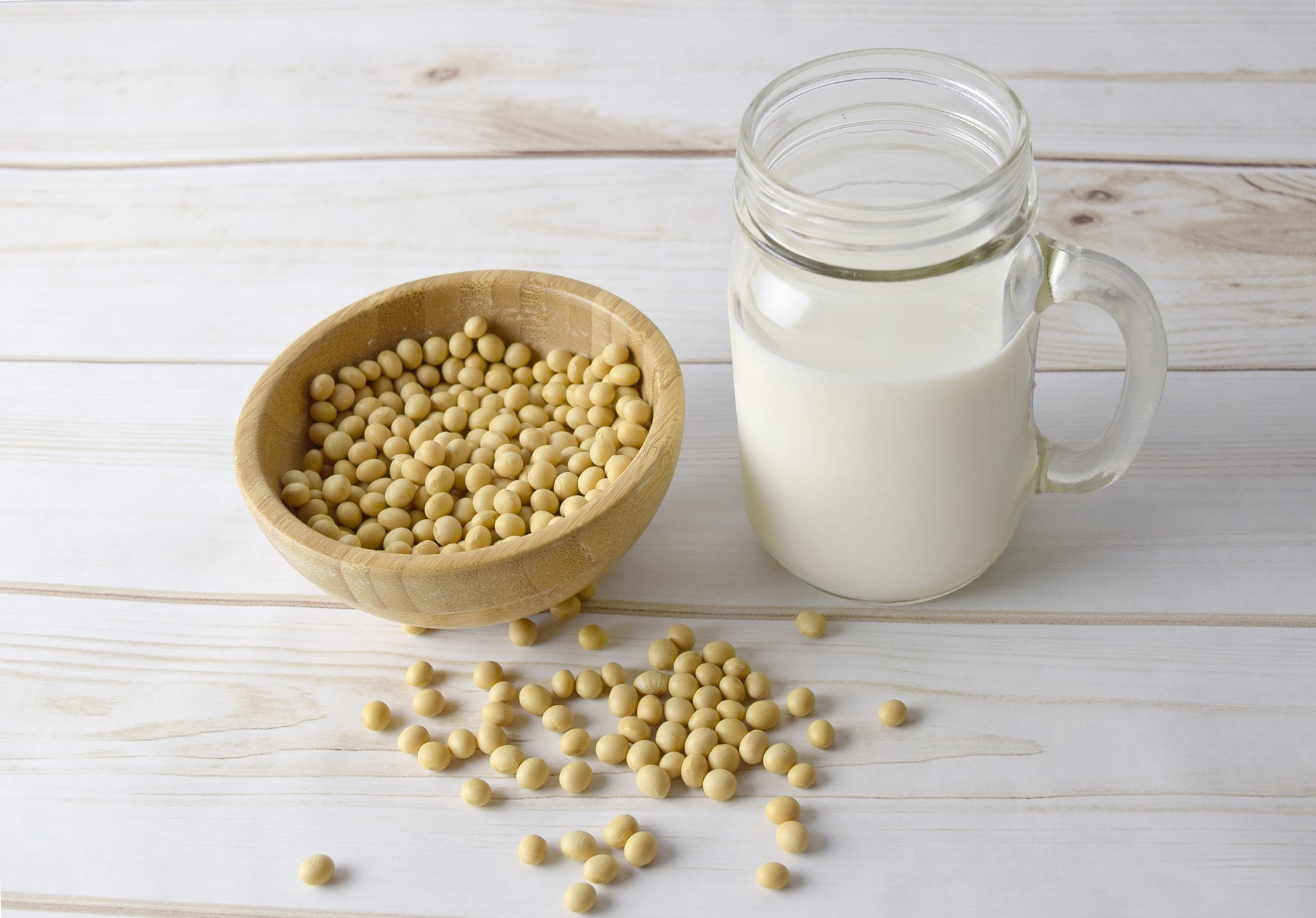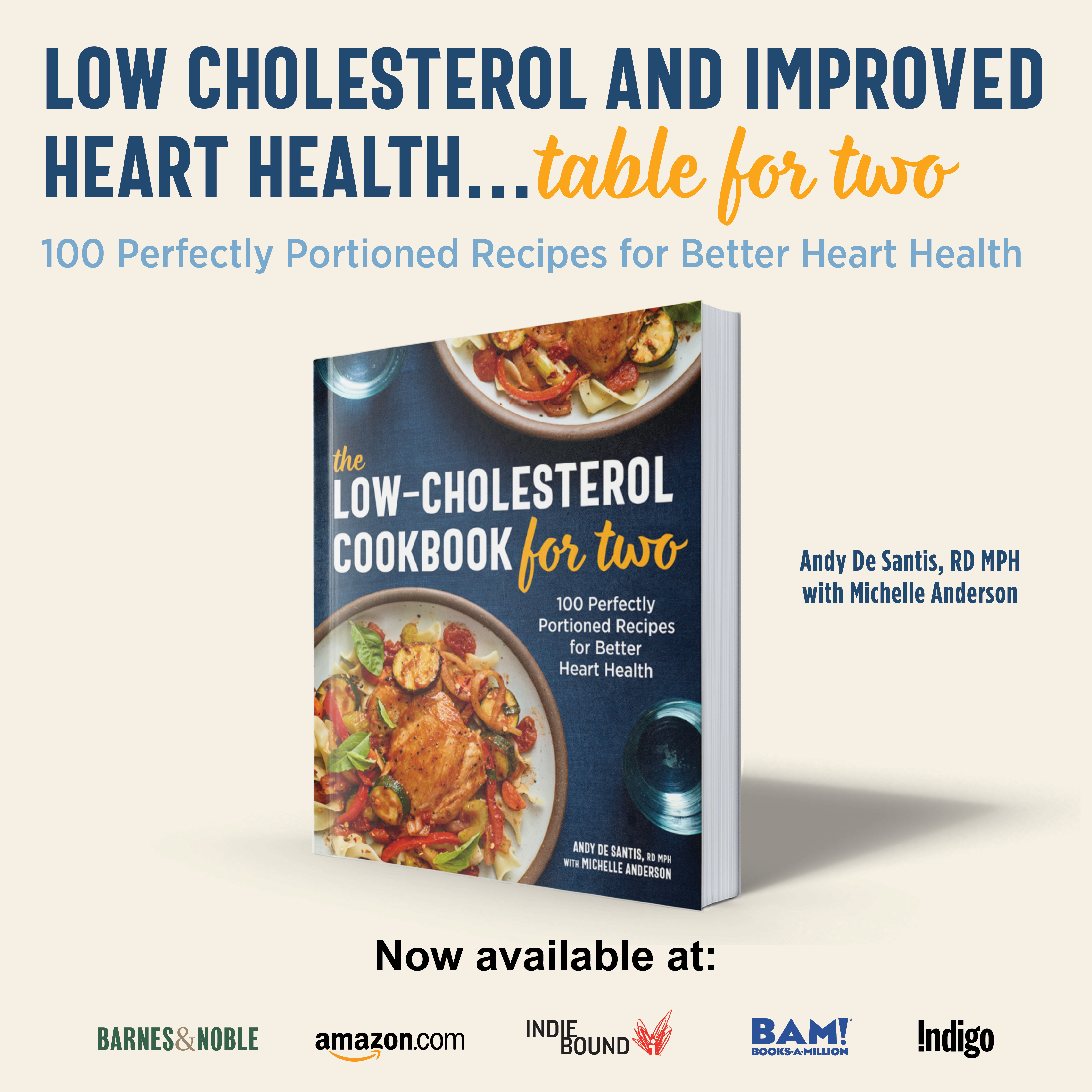After years of it being acknowledged that incorporating soy-based foods offered a cardiovascular benefit, and considering soy’s inclusion in Dr Jenkins’ 2011 portfolio diet study on cholesterol lowering, it came as some surprise that in October 2017, the FDA put in a proposal to revoke soy’s health claim.
Here’s a snippet of what they had to say:
For the first time, we have considered it necessary to propose a rule to revoke a health claim because numerous studies published since the claim was authorized in 1999 have presented inconsistent findings on the relationship between soy protein and heart disease.
While some evidence continues to suggest a relationship between soy protein and a reduced risk of heart disease – including evidence reviewed by the FDA when the claim was authorized – the totality of currently available scientific evidence calls into question the certainty of this relationship.
So, what do I think about that?
Soy what?
It’s important to emphasize that there is some evidence to suggest a relationship between soy and a reduced risk of heart disease, however, after re-evaluating the body of research, the FDA has found that the research is inconsistent. Thus, the FDA’s motion to remove the heart health claim for soy does not indicate the FDA has found evidence of negative health effects of soy, but instead that there is not enough evidence to support a heart health claim.
With that being said, if we look at the work of Toronto’s very own Dr. Jenkins’ “Portfolio Diet” study, dietary changes to include cholesterol-lowering foods accounted for about a fifteen percent reduction in LDL cholesterol in those with high cholesterol.
In addition to soy, The other synergistic components of his diet include: tree nuts, plant sterol margarine, legumes and soluble-fibre rich grains, fruits and veggies.
Because soy is only one of a number of foods contributing to cholesterol reduction, its individual effect is relatively small.
This is part of the reason that the FDA has reconsidered soy’s health claim.
There are, however, significant findings from a 2008 study in the Atherosclerosis journal that suggest that as little as 25 grams of daily soy protein (the equivalent of 1 cup of tofu + 1 cup of soy milk) consumption may lower LDL cholesterol by up to 6%.
Suffice it to say, the evidence is mixed in this regard.
My understanding about the FDA’s interest in revisiting the health claim for soy is that, when compared to foods rich in fibre and pant sterols, soy does not have quite the same level of effect on LDL cholesterol.
Here’s the thing though:
Whether or not soy protein has a profound direct effect on cholesterol, soy-based foods are generally good for the heart and blood vessels because they offer a legitimate opportunity to reduce saturated fat intake while increasing the polyunsaturated fat, fibre, and antioxidant content of one’s diet.
Despite some groups’ attempts to suggest the contrary, there is an association between saturated fat intake and heart disease.
This association is at least partially attributed to the fact that saturated fat intake is known to increase LDL (“bad”) cholesterol levels, a primary risk marker for cardiovascular disease.
Guess what a reasonable and practical strategy is to reduce your saturated fat intake and help manage your LDL levels?
Occasionally replacing saturated fat rich animal foods with plant-based alternatives, including soy.
Let’s make some reasonable comparisons:
1 cup soy milk vs 1 cup 2% milk
Both contain similar amounts of protein
2% milk contains 3 grams of saturated fat
Soy milk contains .5 grams of saturated fat
6x the saturated fat
½ brick extra firm tofu vs 3 large eggs ( this recipe will help)
Both contain similar amounts of protein
3 large eggs contain 4.5 grams of saturated fat
1 brick of tofu contains 1.12 grams of saturated fat
4x the saturated fat.
1/2 Brick extra firm tofu vs 100 grams beef sirloin ( this recipe will help)
Both contain similar amounts of protein.
½ brick of tofu contains 1.12 grams of saturated fat
100 grams of Sirloin contains 5 grams of saturated fat
4.5 x the saturated fat
[Comparisons made using Canadian Nutrient File Database]
Final Thoughts & My New Book
Soy is one of a number of foods that is associated with a reduction in LDL cholesterol levels, even if it may not have as large of an effect as some of the other foods mentioned in today’s article.
Even so, soy products still offer an excellent and cardioprotective plant-based alternative to animal proteins high in saturated fat.
Which is precisely why soy-based foods are both discussed and featured extensively in my brand new Cholesterol Lowering Cookbook, which you can pre-order via the image hyperlink below.
Until next time ( or until you pre-order my new book!)
Andy De Santis RD MPH




